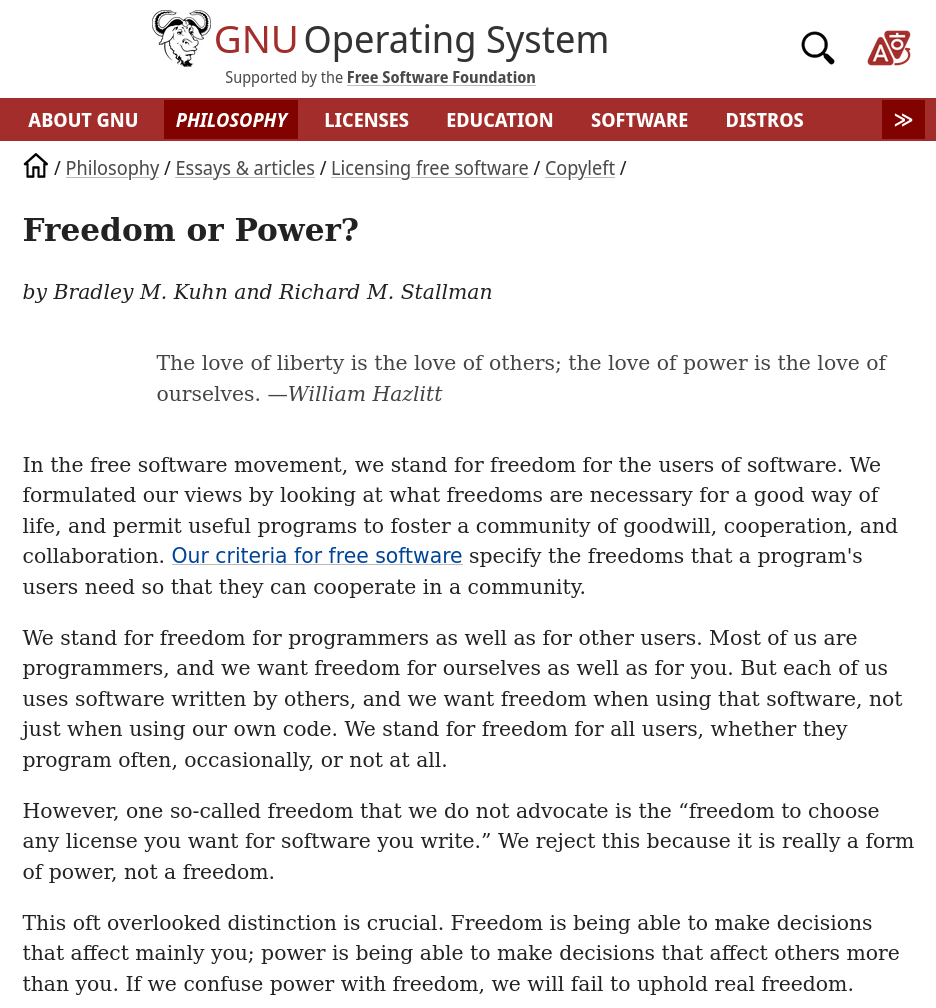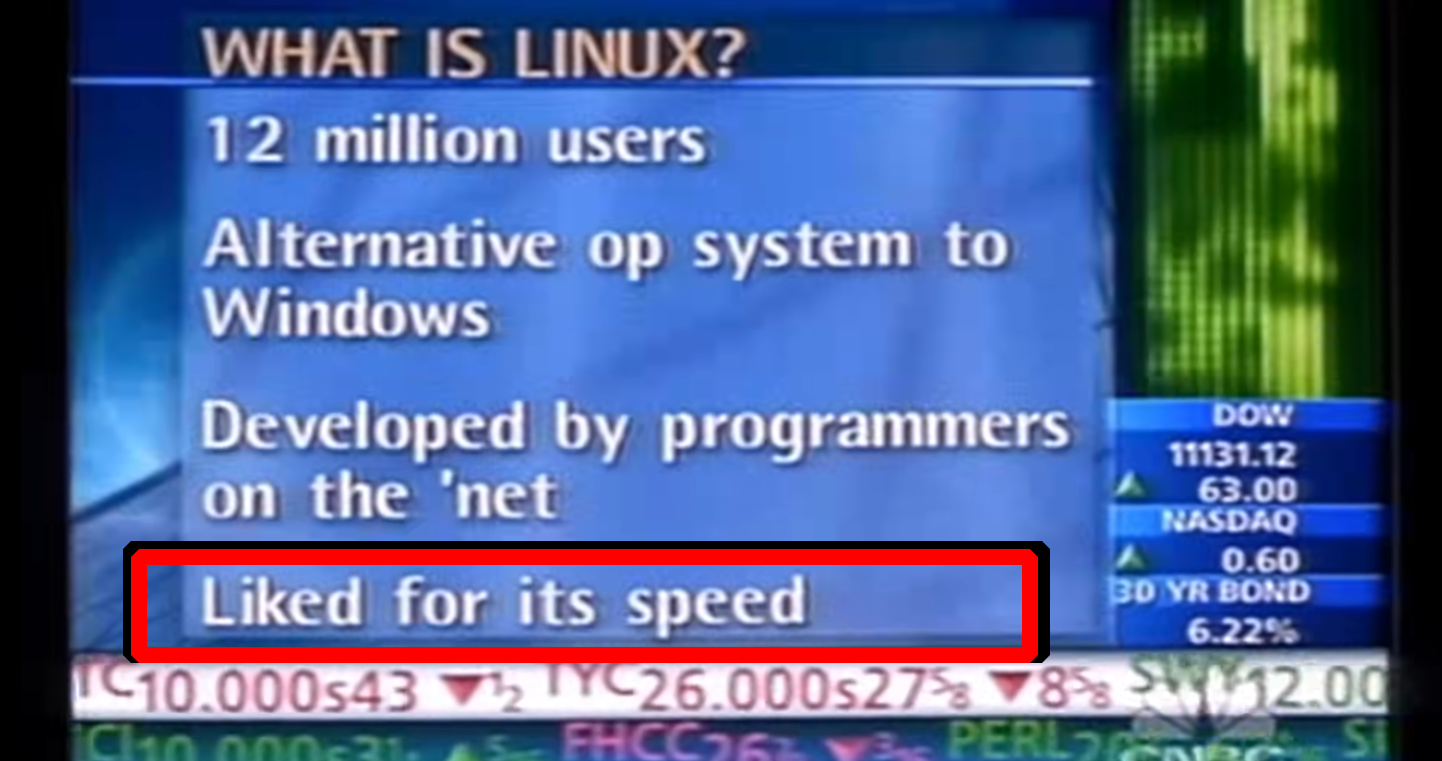Speed of GNU/Linux
Over the past few days I spoke to somebody who was exploring KDE (Plasma on a laptop) and was seriously considering its adoption (moving to it 'full time'). Despite Wayland woes, Plasma 6 is adopted by some people; Plasma 5 is already stable enough (on X11) and my two laptops approach 1,100 days of uptime on Plasma 5. Even after running nonstop for many hundreds of days KDE is fast; housekeeping is needed, but only once in a few weeks (restarting applications that went into swap; it's not about memory leaks). I'm generally pleased with the performance of KDE, even on relatively old hardware. From what I've read, Windows would choke on a lot less.
I've long considered KDE the most potent environment for work, not just for development, and my wife ended up using KDE after exploring a bunch of other things. KDE just basically got the job done, and its toolset helped accomplish things faster. There are many use cases and examples of efficiency.
Although it's regarded as having the most options and functionality - and it's widely accepted that it has the most "eye candy" - KDE is probably not the most bloated or "slowest" option. GTK and by extension GNOME managed to get quite bloated.
However, in comparison (to Apple and Microsoft, not the BSDs), GNU/Linux is still quite fast even on old PCs. It manages to cope with little resources as it lacks the financial motivation to sell you more (or newer) PCs.
When GNU was new, back in the 1980s, speed wasn't the goal but freedom was. Some prior (UNIX) implementations were possibly faster back then. Now, at Canonical at least, they try to crush freedom in the name of "speed" or "security". They might end up compromising stability and predictability, but these people don't care.
In the shot above notice they don't mention freedom as well. That was after the media had started calling the whole thing just "Linux" and sold it as merely an "Alternative... to Windows". Not to proprietary software* or monopoly over programs**.
The media seldom speaks of the dangers of "proprietary software"; if some "apps" do something bad, then the media will misplace blame or misdiagnose it (or offer false alternatives).
To people who value full control over their computers speed is a side issue or at most secondary consideration. █
Image source: Video published yesterday (in French)
_____
* While it is basically true, as Linux (especially with GNU) is an alternative to proprietary operating systems, there's a lot more to it, and not just in the development paradigm (people developing things across the Net) as "Open Source" boosters love to frame it.
** The monopoly aspect is also not the core argument. While being a monopoly is bad for choice, it is not necessarily the same as being an abusive monopolist. Many governments are a de facto monopoly (same for water suppliers), and that does not automatically make them malignant. As Linus Torvalds put it: "Really, I'm not out to destroy Microsoft. That will just be a completely unintentional side effect." That's allegedly from the New York Times, but it's currently blocked by a paywall. The point Torvalds sought to make was, he was focused on making his project work rather than think in terms of destruction (of somebody else). It can easily be argued that Torvalds made two monopolies: Linus and Git. In many circles no other options exist anymore.



